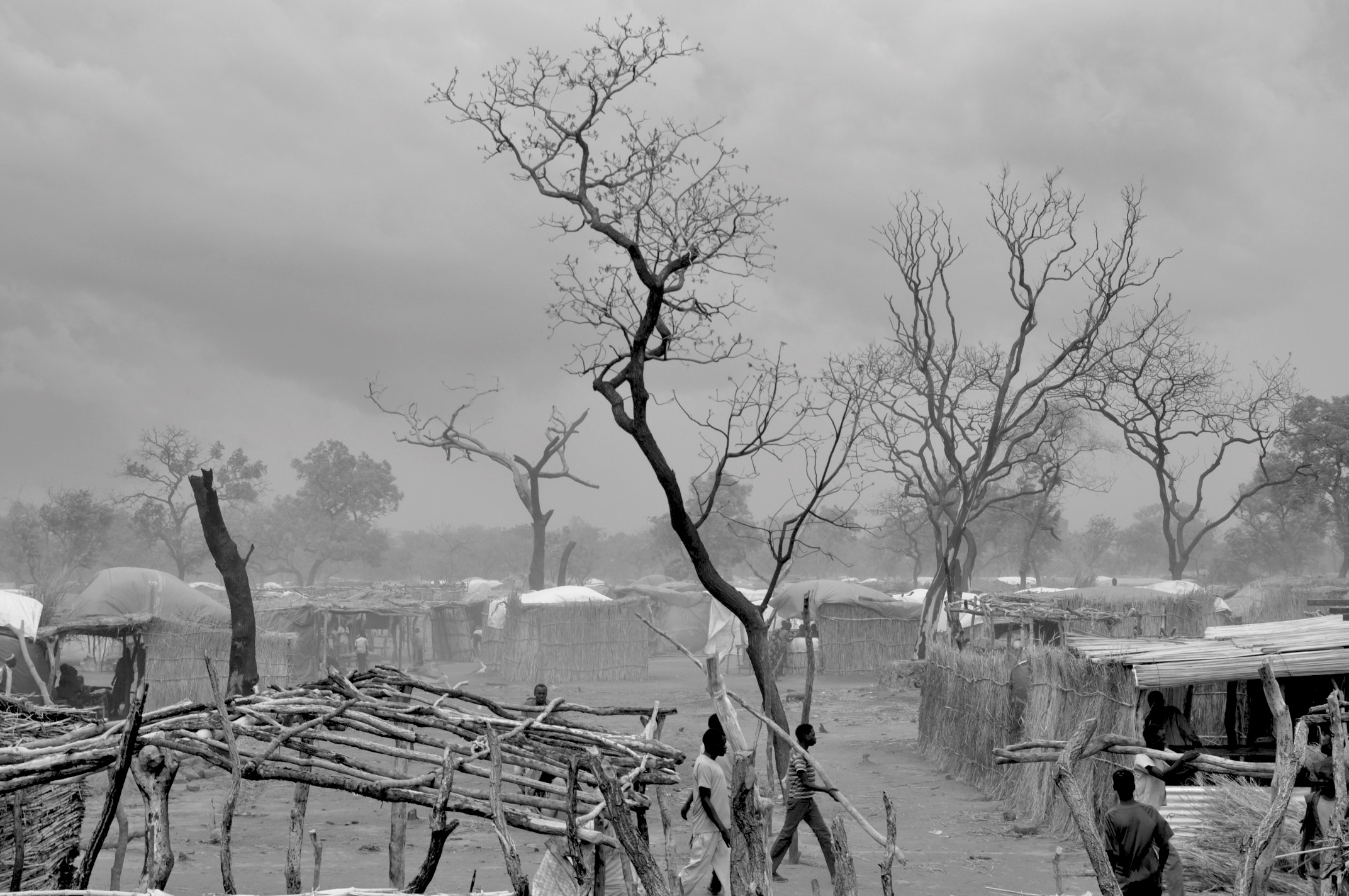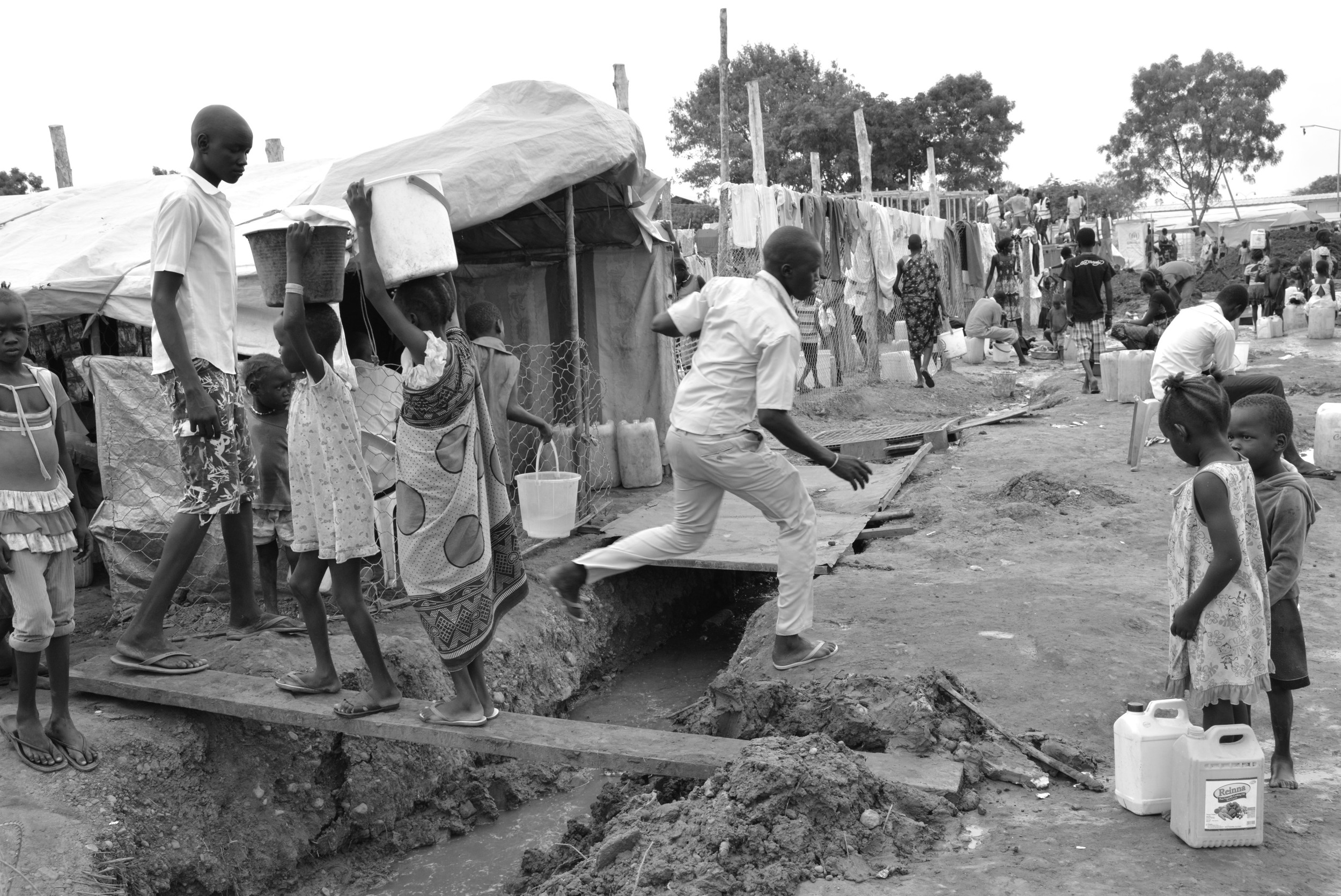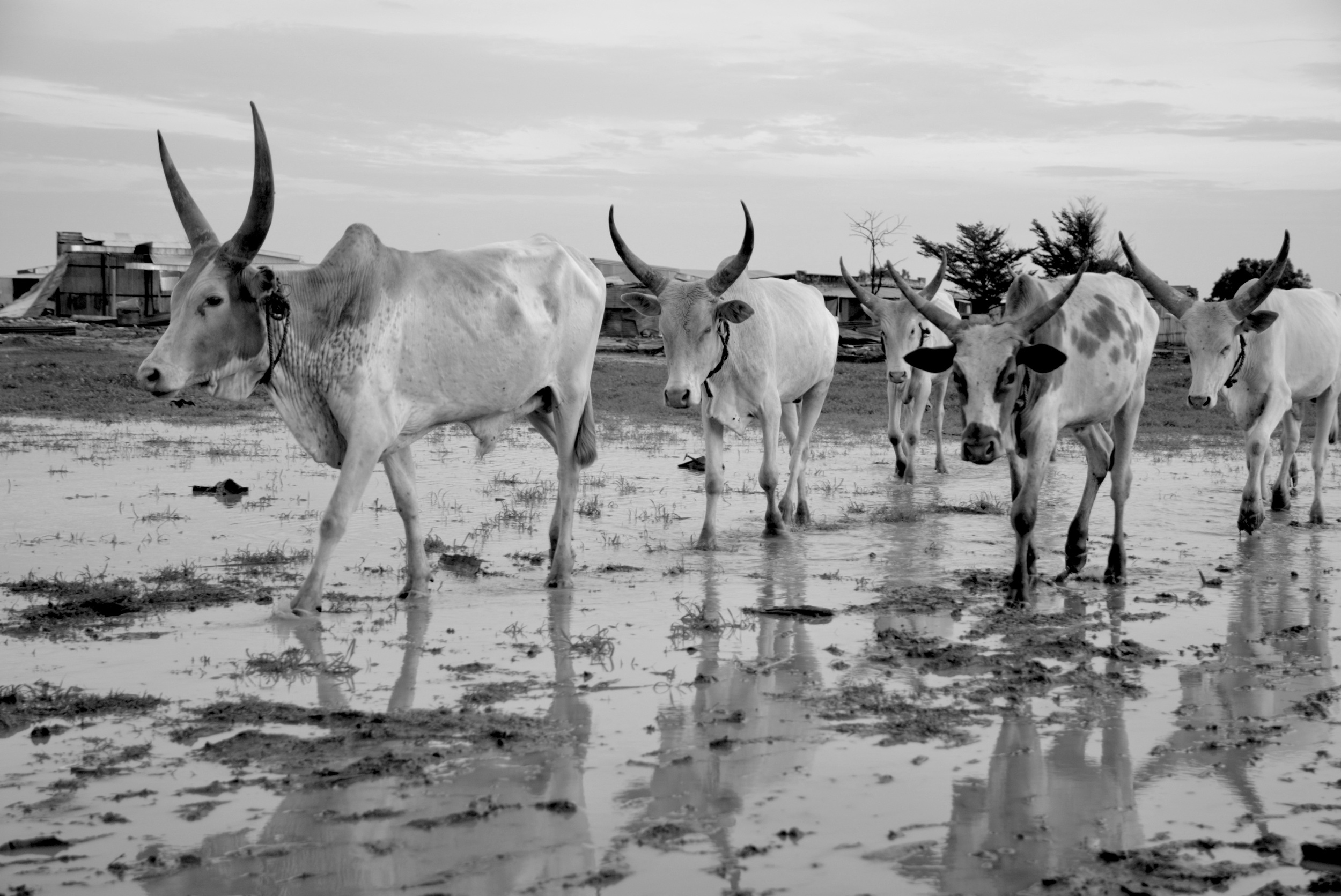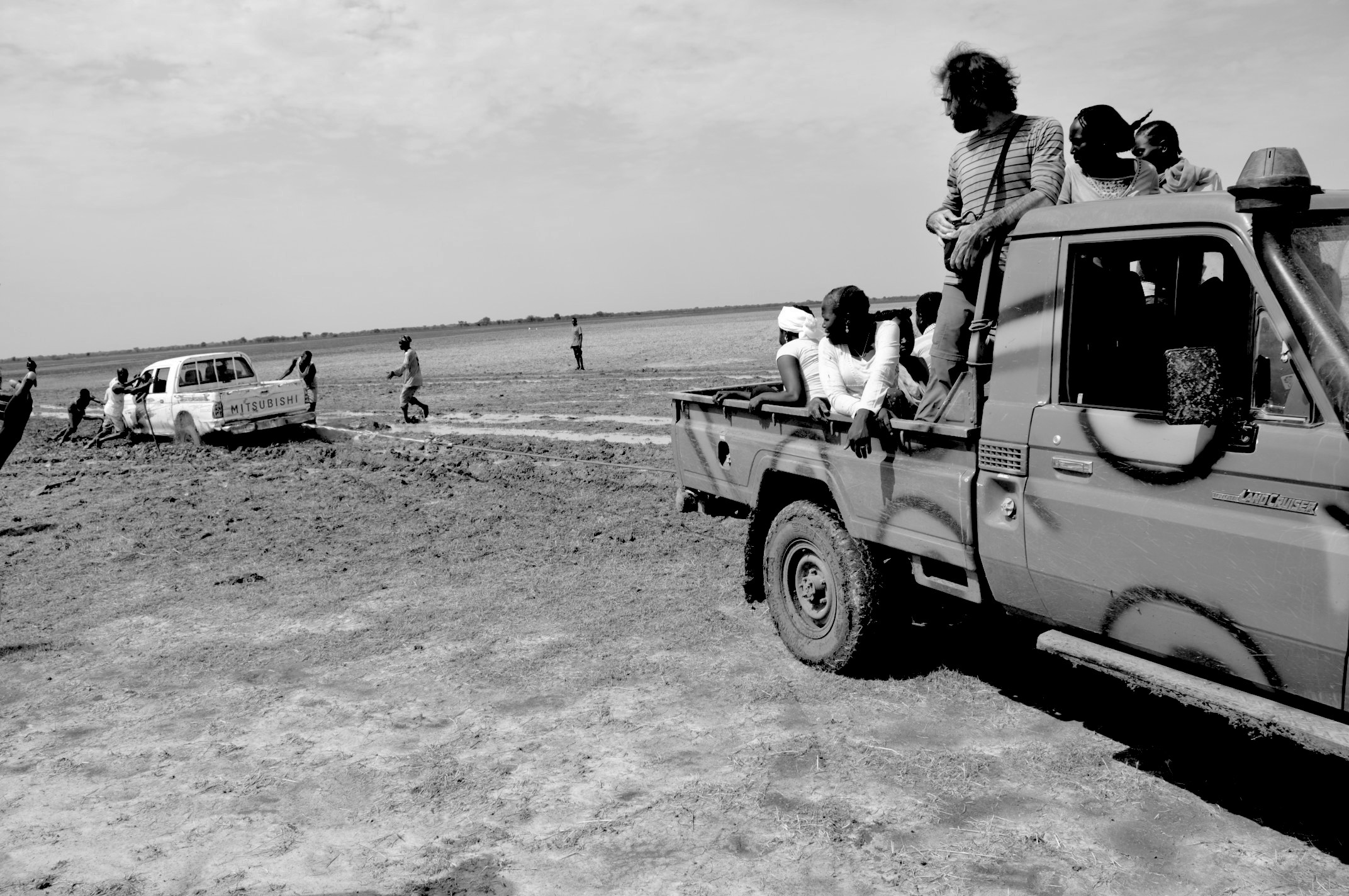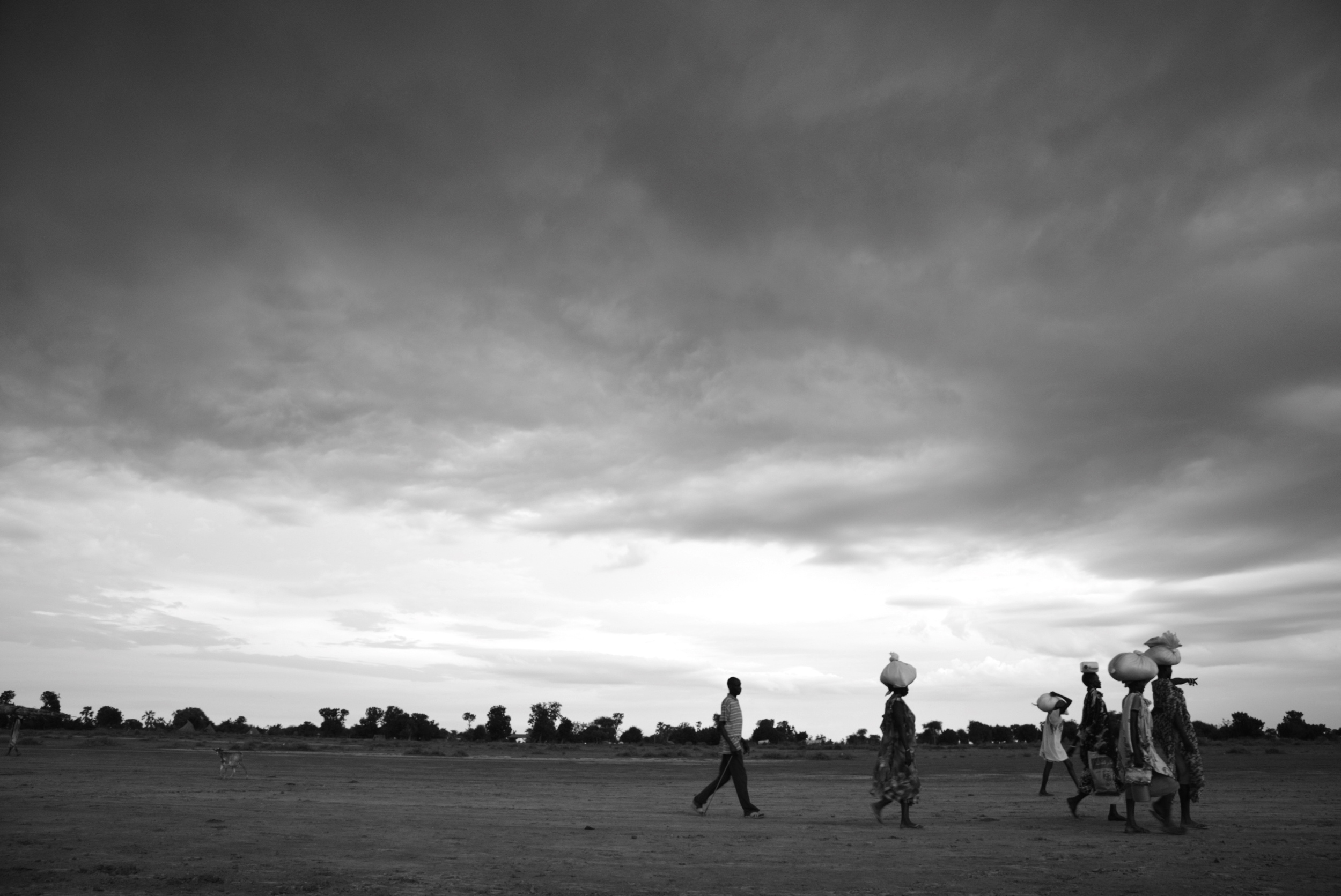You can read it here. This is how the essay begins:
February 28, 2015. Chicago, U.S.A.
For months the park below my apartment was a white sheet, the trees pencil drawings on a blank canvas. Winter coats Chicago, and the cold contours everything. Whatever may separate me from the millions who live here, for the long months of winter, we are together, struggling against a wind that makes me feel like I am wading through water. Now though, the snow is beginning to melt, awaking angry patches of red earth. Spring has arrived, and no one is helping anyone else get a car out of the snow. Life is no longer a question of how to bear conditions beyond our control. People’s postures have changed. They walk upright; they can plan again. The city opens up, and with it comes the promise that we can move in space and not simply sit at home, stuck in time.
Sitting in front of this prelude to spring, my morning takes me to South Sudan, where I spend much of my life. The Sudan Tribune is running a story on the United Nations (UN), which is setting up a sanctions program to target the leaders of the groups involved in the civil war. The conflict, which began in December 2013, sets the government of Salva Kiir, the sitting president, against his former vice president, Riek Machar, and his rebel force. A leaked report on the conflict—of dubious authenticity—recommends excluding both men from a future transitional government, which the report proposes should be overseen by the AU and UN. Only four years after the international community congratulated itself on South Sudan’s secession from Sudan, it is having second thoughts. My inbox contains a litany of NGO reports demanding transitional courts and accountability for war crimes. Historians may no longer agree with Thomas Carlyle that “the history of the world is but the biography of great men,” but they certainly didn’t tell the journalists and politicians. Reading the news from afar, one would be forgiven for thinking that the fate of South Sudan depended on the actions of just a few men—21st-century Napoleons—and that life was simply a matter of their intentions, unconstrained by the world around them.
Skype sounds. It is a friend in Juba, South Sudan’s capital, saying hello. I have only one question: How is the weather?


